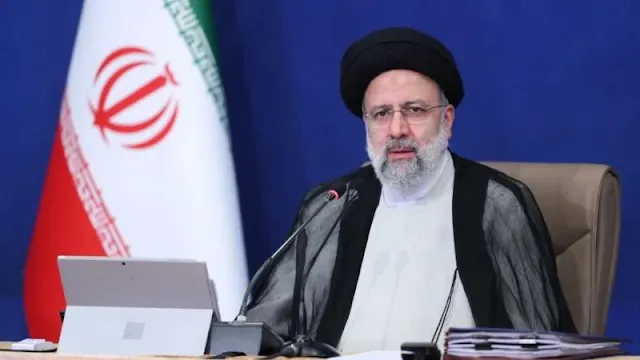Ebrahim Raisi, the president of Iran, has directed an investigation into the confrontations that occurred in the province of Sistan-Baluchestan last week and left dozens of people dead, including military officers, his office announced on Thursday.
Iranian state media described the violence that began on September 30 after Friday prayers as "extremist" attacks on police stations in the provincial capital of Zahedan that resulted in the death of a commander of the Revolutionary Guards, the country's ideological wing of the armed forces.
However, a local religious leader who had issued a warning last week that the community was "inflamed" following a recent case involving the alleged rape of a young girl by a police officer claimed that the force "fired unarmed individuals."
“Following the recent events in Zahedan… Interior Minister Ahmad Vahidi was ordered by the president to travel there for a thorough investigation concerning the origins and causes of the incident,” said a statement on the president’s website.
The minister told state news agency IRNA that he wanted to “examine the incident up close”.
IRNA said on Wednesday that one of the officers wounded in the clashes had succumbed to his wounds, raising the death toll among security forces to six.
The official figure reported by Iranian media puts the overall number of deaths at 20.
Tasnim news agency on Saturday reported that the Sunni Muslim rebel group Jaish al-Adl (Army of Justice) had claimed responsibility for the attack in Zahedan, one of the few Sunni-majority cities in predominantly Shiite Iran.
In recent years, the jihadist group has been the most active armed faction in Sistan-Baluchestan — Iran’s poorest province, on the border of Afghanistan and Pakistan — carrying out several high-profile bombings and abductions.
Butinfluential local Sunni cleric Molavi Abdol Hamid rejected “any involvement of Jaish al-Adl or any other group”, in a statement released Wednesday on his website.
He implored the government to launch “an impartial and balanced investigation”.
Abdol Hamid said that “a group of officers… opened fire Friday evening on a crowd that gathered around a mosque, killing and wounding multiple young people.”
One of them, “who had a gun, retaliated by firing at their vehicles to defend the mosque, without knowing who was” in the cars, the cleric said.
The violence in Zahedan comes against the backdrop of nationwide unrest that erupted after the September death of Kurdish woman Mahsa Amini, 22, after her arrest by the morality police for allegedly violating the country’s strict dress code.



